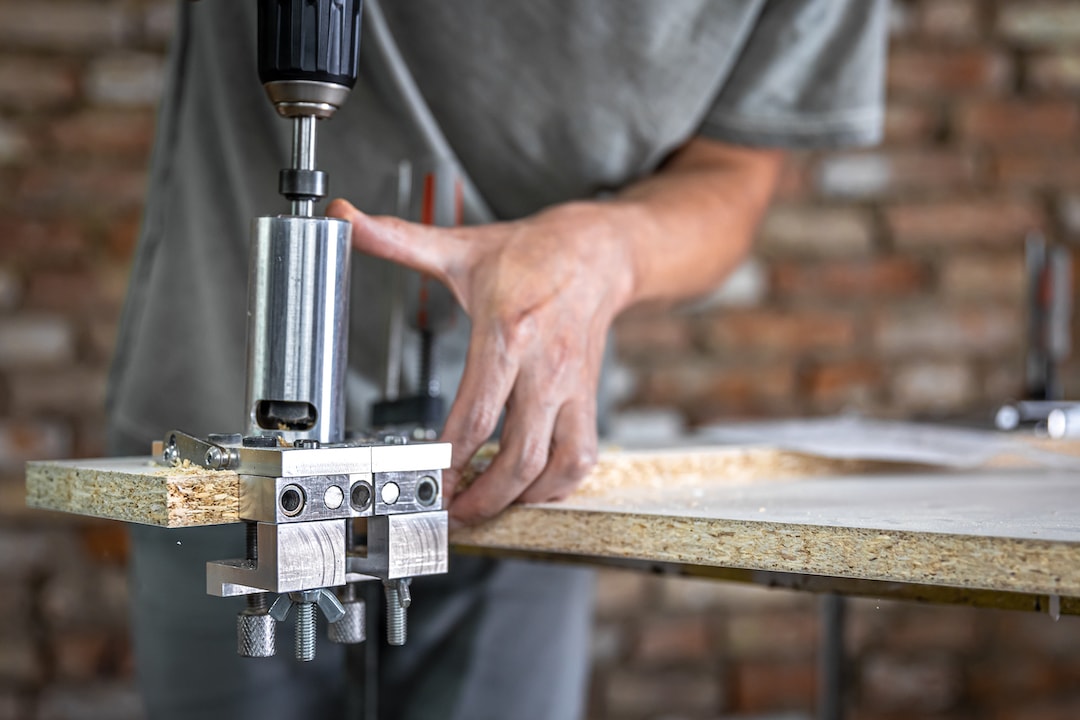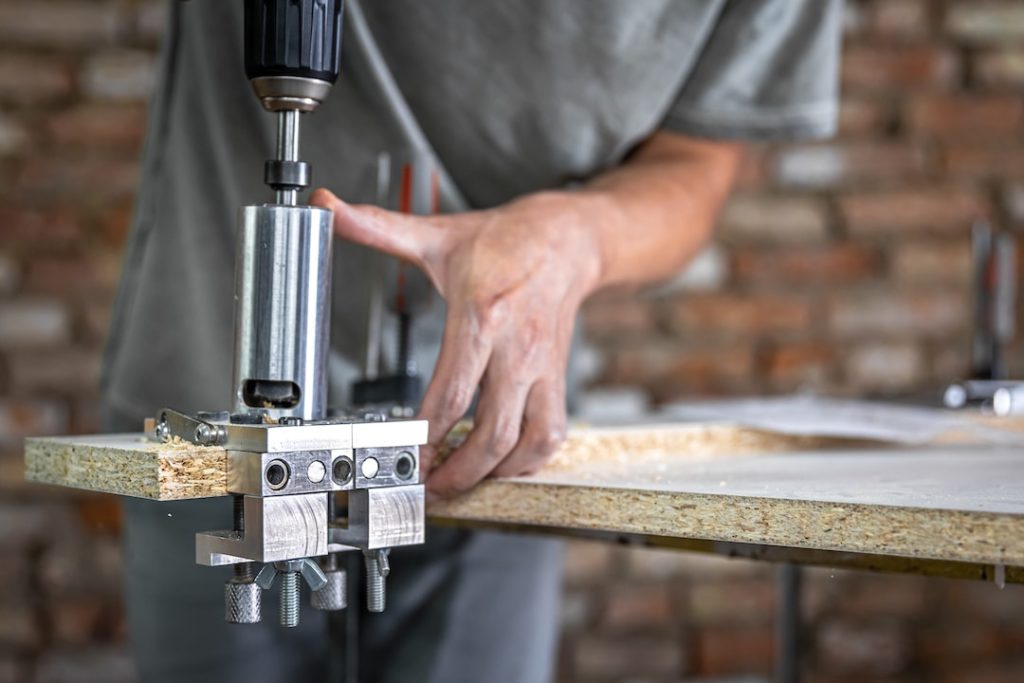Your Dream Team of Home Improvement Pros

There’s nothing more frustrating than getting so close to finishing a project, only to have it all go wrong. You know the feeling: you finally got the last piece of trim in place, and suddenly one of your tools is missing.
Or there were too many holes drilled for electrical outlets and switches, but not enough plugs or light fixtures.
Worst of all, you might have run out of paint just as you were about to apply that final coat.
Fortunately, these types of problems are often avoidable if we work with a team from the beginning:
- a home improvement contractor who can help us plan our projects before they start
- a professional painter who has been trained in how to use different paints on different surfaces
- an electrician who knows how to fit a lot of outlets into a small space without being wasteful
- a carpenter who knows precisely how many plugs and switches we need to wire our house correctly.
Contractor

A contractor can help us plan out home improvement projects before starting them and ensure that they will be successful and complete.
There are many different types of contractors: general contractor, painting contractor, electrical contractor, plumber, roofer, landscaper.
A professional painter has been trained in using different paints on different surfaces (paint color wheel), making it easier for them to choose colors for customers.
A professional painter should understand the different types of paint to achieve the desired look. They also need to know how long it will take to dry and what surface best suits each coloring (paint color wheel).
Some paints are only suitable for interior use, but others may be used inside or outside. Some paints can even be applied on metal or to brick walls.
Since professionals usually handle larger projects like painting an entire house, it’s essential to find one with much experience. The last thing you want is someone who makes costly mistakes for your most significant investment: your home.
Electrician
An electrician knows how many electrical outlets to provide to have our house appropriately wired.
An electrical contractor is trained on how to fit a lot of outlets into a small space without being wasteful.
There are two main types of electrical work: rough and finish.
- Rough electrical work
Rough electrical work refers to anything part of the bare electrical system, while finish work refers to elements added on top of this, such as outlets and switches.
Rough work involves installing things like wires, conduits, and boxes containing wire connections.
- Finish electrical work
Finish work involves getting a few components ready for use, such as ensuring enough electrical receptacles in different rooms and ensuring that they’re correctly wired together.
When looking for an electrician, it’s essential to ask if they do both, as some contractors will only do one or the other (rough or finish).
Electricians need to plan out projects ahead of time and follow safety standards when working with electricity. They also need to understand different materials and how they conduct electricity (electrical wire color guide).
Plumber
A plumber knows how To install many drains, faucets, or other appliances for our house to have a properly functioning plumbing system.
There are two main types of plumbing systems: traditional and tankless.
- Traditional Plumbing
A traditional one will include hot water tanks; a tankless won’t. Therefore you can’t get all of your hot water from one source like you can with tankless.
A traditional system also requires ventilation while a tankless doesn’t (water heater pan).
- Tankless Water Heater
Pros: It can provide an unlimited supply of hot water, especially if your demand is only for showers and sinks.
They are also less expensive than the average traditional unit, about $100-$150 per year more in electricity costs than a similar-sized gas or electric furnace.
They’re also more durable than storage heaters since their components last longer when they’re not heating up and cooling down regularly.
In addition, some models use different elements to heat the water, which means that it’s not as big of a problem if one fails on you.
Carpenter
A carpenter should know precisely how many plugs and switches we need to have our house appropriately wired, including where we need them placed and which materials should be used.
They can tell us if we need a 3-plug outlet or a double plug.
A carpenter is also essential for installing crown molding or baseboards, among other things.
HVAC Technician
An HVAC technician needs to know how many units we should have to keep our home at a comfortable temperature throughout the year. This includes knowing how much heat and cooling you’re going to need in each room.
An HVAC installation process usually goes as follows: The technicians must first calculate the size of your home and use that information, plus construction details about insulation, windows, ductwork, etc., to tell them what type of system will work best for your house (ductwork). They must then install this system.
To determine the required size of your HVAC system, technicians will use a Manual J calculation, an acronym for “Total Building Heat Loss.”
Construction foreman/superintendent
A construction manager needs to know precisely what materials we need to build our home, and they need to make sure that everything gets delivered at the right time.
They also oversee the entire construction process by ensuring that things are going according to plan, checking off items as they’re completed, and planning future stages of work.
This person also needs to check if all tradespeople are working adequately (bad electricians) before allowing them back on site after lunch or at the end of the day. This way, you don’t end up with a shoddy job that doesn’t meet the code.
Summary
Contractors are the people who will be doing the actual work on your home, including plumbing, carpentry, painting, HVAC, and electricity.
A contractor is also in charge of decisions regarding materials. They manage their own time since they don’t have a schedule or start/stop times.
While not everyone needs these skills to build a house, someone must remain in charge of the entire project from beginning to end.
And while a construction manager can do this job if necessary, it’s easier to have one person who has the authority to make all final decisions about what materials should be used instead of having several people trying to reach an agreement.
So what should you do if you want to build a house but have no idea how to go about it?
In that case, you could hire a general contractor. This person oversees all trades and makes the final decisions regarding material purchasing. They also manage their own time according to your schedule.
Or use an architectural firm with its construction department, which would mean that everything from planning to execution would be undertaken by one company. And bear in mind that architects can’t work on or supervise any actual building since they’re not in charge of materials or subcontractors.…








